Beauty, unaccompanied by virtue, is as a flower without perfume
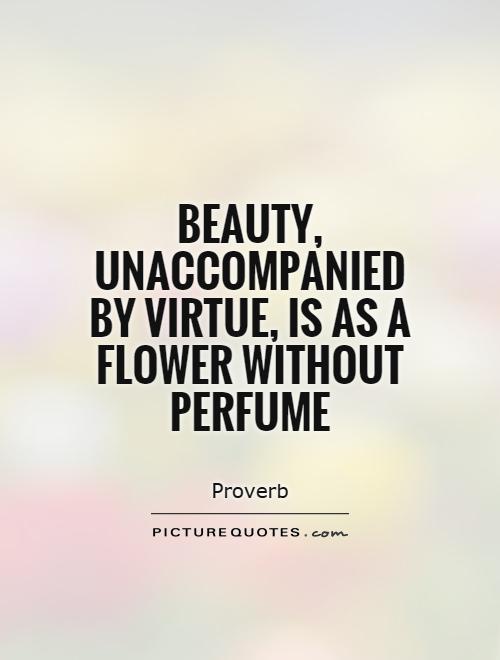
Beauty, unaccompanied by virtue, is as a flower without perfume
The proverb "Beauty, unaccompanied by virtue, is as a flower without perfume" speaks to the idea that physical attractiveness alone is not enough to truly make someone appealing. Just as a flower may look beautiful but lack the sweet scent that draws people in, a person may be outwardly attractive but lack the inner qualities that make them truly admirable.In a world that often places a high value on appearances, this proverb serves as a reminder that true beauty goes beyond what is skin deep. While physical attractiveness may catch the eye, it is the virtues and qualities of a person that truly make them shine. Kindness, compassion, integrity, and other positive traits are what give a person depth and make them truly attractive in the eyes of others.
This proverb also highlights the importance of inner beauty over external beauty. While physical appearance may fade over time, virtues such as kindness and integrity are enduring qualities that only grow stronger with age. A person who possesses these virtues will always be seen as beautiful, regardless of their outward appearance.
Furthermore, the comparison to a flower without perfume suggests that without virtue, beauty is lacking something essential. Just as the scent of a flower enhances its beauty and draws people in, virtues such as kindness and compassion enhance a person's attractiveness and make them more appealing to others.
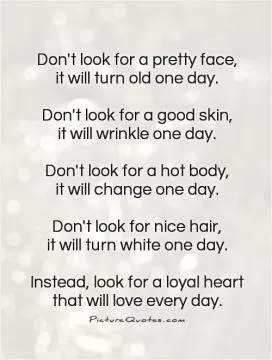

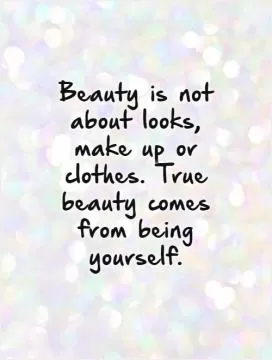

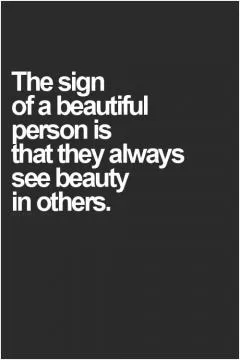

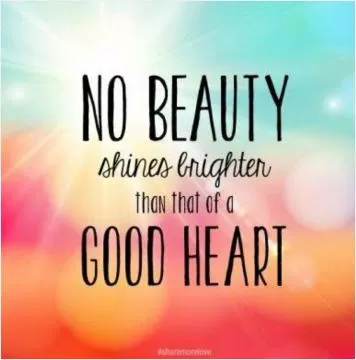





 Friendship Quotes
Friendship Quotes Love Quotes
Love Quotes Life Quotes
Life Quotes Funny Quotes
Funny Quotes Motivational Quotes
Motivational Quotes Inspirational Quotes
Inspirational Quotes